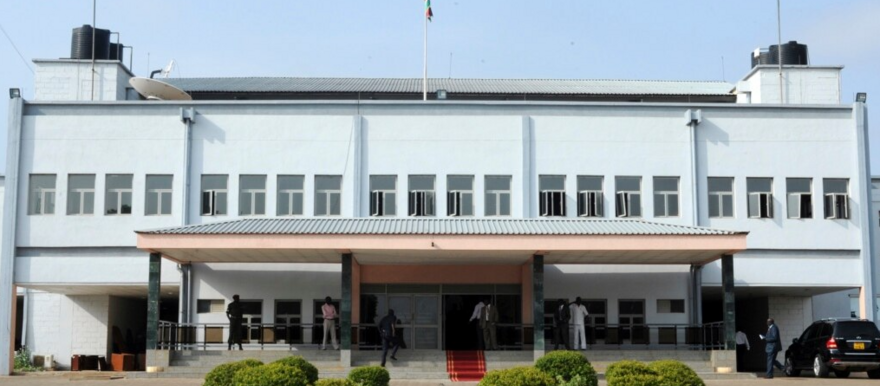The National Legislative Assembly on Tuesday unanimously passed the National Archives and Records Management Bill 2023 which was presented by the Ministry of National Museum and Cultural Heritage after it passed through the necessary stages.
The bill aims to regulate and preserve archives, records, and the cultures of South Sudan as well as protect citizens such as women from harmful cultures.
John Agany, the parliamentary spokesperson, told reporters after the session that the bill was fast-tracked because it is vital.
“This bill was given momentum, deliberated, and tabled in the second reading because of its importance. We ran it through all the stages and finally, it was passed into law,” he said. “The Ministry of National Museums and Cultural Heritage will now be responsible to take care of our archives because the law now exists. After the president signs it into law, the activities of the ministry will begin.”
The passing of the bill follows the approval of the ministry’s policy that aims to preserve South Sudan’s national heritage.
During discussions about the policy, Johnson Lukuri, an SPLM-nominated lawmaker representing Jonglei State, observed that it lacked a specific chapter that rejects retrogressive cultures, especially against women and girls.
“In chapter 4, they mention families and harmful cultures but I thought there should be a specific chapter that rejects the harmful cultures, especially against women,” she said. “If you do not put it in your policy that there are harmful cultures, then the law will not be easy to pass it. You should have it in your policy then it should be enacted in the law.”
Lukuri disclosed that a woman is not allowed to travel alone with a child at the Juba International Airport.
“Today some cultures are denying women their rights. As we speak, at this Juba International Airport, they do not allow a woman to travel with her child,” she said. “They will ask you who the father is. When you ask them which law they are quoting, they just tell you it is South Sudanese culture.”
Her sentiments were echoed by the Speaker Jemma Nunu Kumba who said the policy should spell out those cultures that are harmful to women and children.
She cited that a woman is also not allowed to be a witness during the registration of a child at the Directorate of Civil Registry, Nationality, Passports, and Immigration.
“Some of these cultures that infringe on some of our people like children and women need to be reviewed,” Kumba said. “I understand that when you go to get a birth or nationality certificate for your child, a woman cannot be a witness and they need a male witness. This is discrimination of the highest level. This one must be reviewed.”




